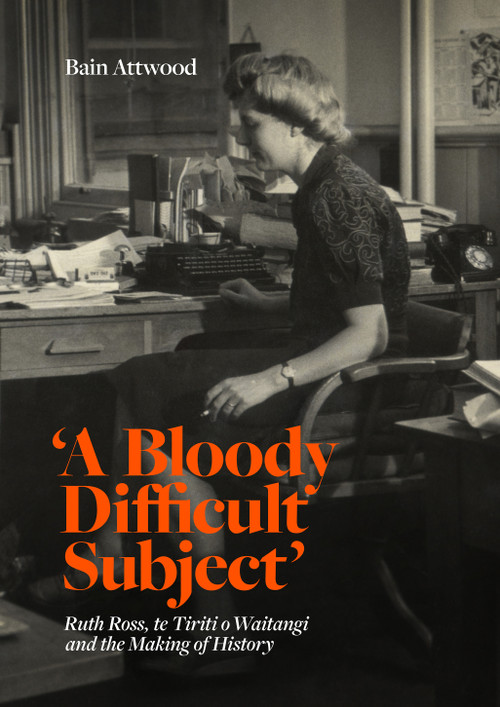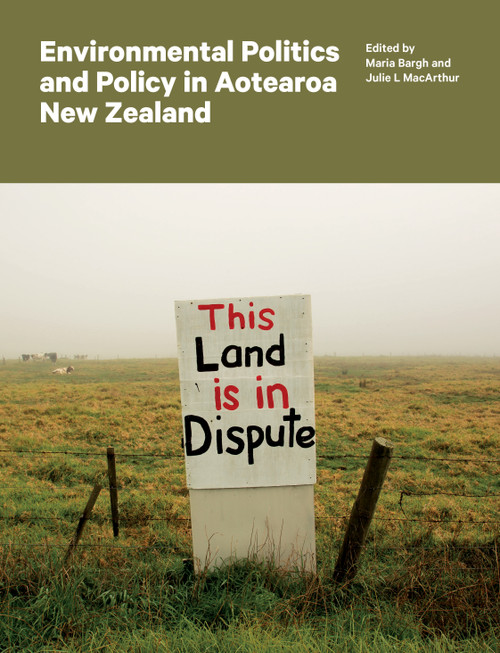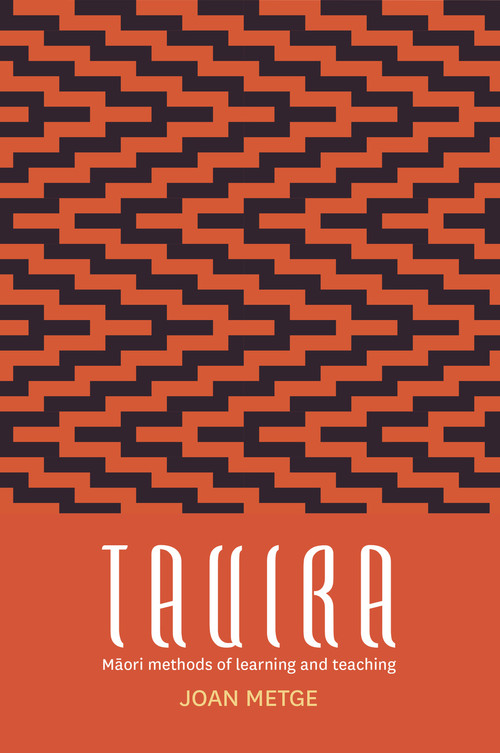
Becoming Tangata Tiriti: Working with Māori, Honouring the Treaty
Avril Bell
Twelve non-Māori New Zealanders navigate through our changing Aotearoa.
Becoming Tangata Tiriti brings together twelve non-Māori voices – dedicated professionals, activists and everyday individuals – who have engaged with te ao Māori and have attempted to bring te Tiriti to life in their work. In stories of missteps, hard-earned victories and journeys through the complexities of cross-cultural relationships, Becoming Tangata Tiriti is a book of lessons learned.
Sociologist Avril Bell analyses the complicated journey of today’s partners of te Tiriti o Waitangi, and asks: Who are we as tangata tiriti? How do we identify in relation to Māori? What are our responsibilities to te Tiriti? What do we do when we inevitably stumble along the way?
With words by champions in their fields, including Meng Foon, Andrew Judd and others, this concise paperback acts as a guide for those just beginning their journey towards a Tiriti-based society – and is a sound refresher for others well along the path.
Author
Avril Bell is a Pākehā New Zealander and honorary associate professor in sociology at the University of Auckland. Her research centres on the legacy of settler colonialism in making sense of Pākehā identities, New Zealand national identity and Māori–Pākehā relations. Her book, Relating Indigenous and Settler Identities: Beyond Domination (Palgrave, 2014) extends this focus to make connections between settler colonialism in New Zealand, Australia, Canada and the USA. She is co-editor of A Land of Milk and Honey? Making Sense of Aotearoa New Zealand (AUP, 2017).
Endorsements
‘Based on interviews with twelve non-Māori New Zealanders, Bell expertly weaves their narratives with existing writing, exploring what it means to be a good ally to Māori in contemporary times. To call it a ‘how-to manual’ would be too reductive but it does offer a pragmatic set of tools for those willing to do the work. Through teasing out the ways in which non-Māori have engaged with te ao Māori, and the often layered and nuanced complexities these engagements create, the book offers an invitation to Pākehā and, in fact, all non-Māori to be part of the conversation around what makes us New Zealanders – and how we might move forward in ways that are just and that enhance the mana of Māori and non-Māori alike. An easy-to-read book that should be compulsory reading for anyone concerned about our country’s future.’ — Rebecca Kiddle, Ngāti Porou, Ngāpuhi, Te Wānanga o Aotearoa, co-author of Imagining Decolonisation
‘Among non-Māori New Zealanders wanting to make sense of the basis on which they and their families came to be in and on this land, there is a growing appetite for exactly what this book contains: views from the ground floor – rather than the grand arenas of parliaments, executives and courtrooms – about the meaning and consequences of te Tiriti for the everyday lives and work practices of non-Māori in this country. Becoming Tangata Tiriti will become an important part of the foundation for addressing the challenges of being the non-Māori partner in the Treaty relationship.’ — Richard Shaw, Massey University, author of The Forgotten Coast and The Unsettled
‘Powerful and beautifully written, this book reads as something of a guidebook for tangata tiriti trying to navigate a changing Aotearoa. As the author notes, the participants in this research have “had successes and made mistakes” in their efforts to connect and build relationships with te ao Māori, and it is precisely these successes and mistakes that can illuminate a way forward for those yet to embark on this path.’ — Matthew Wynyard, Ngāti Maniapoto, Ngāpuhi, Massey University
Reviews
‘It's a quietly powerful, courageous book.’ — Paul Diamond, RNZ
‘Becoming Tangata Tiriti will spark important conversations and reflections about our obligations as Treaty partners.’ — Rebekah Lyell, NZ Booklovers




